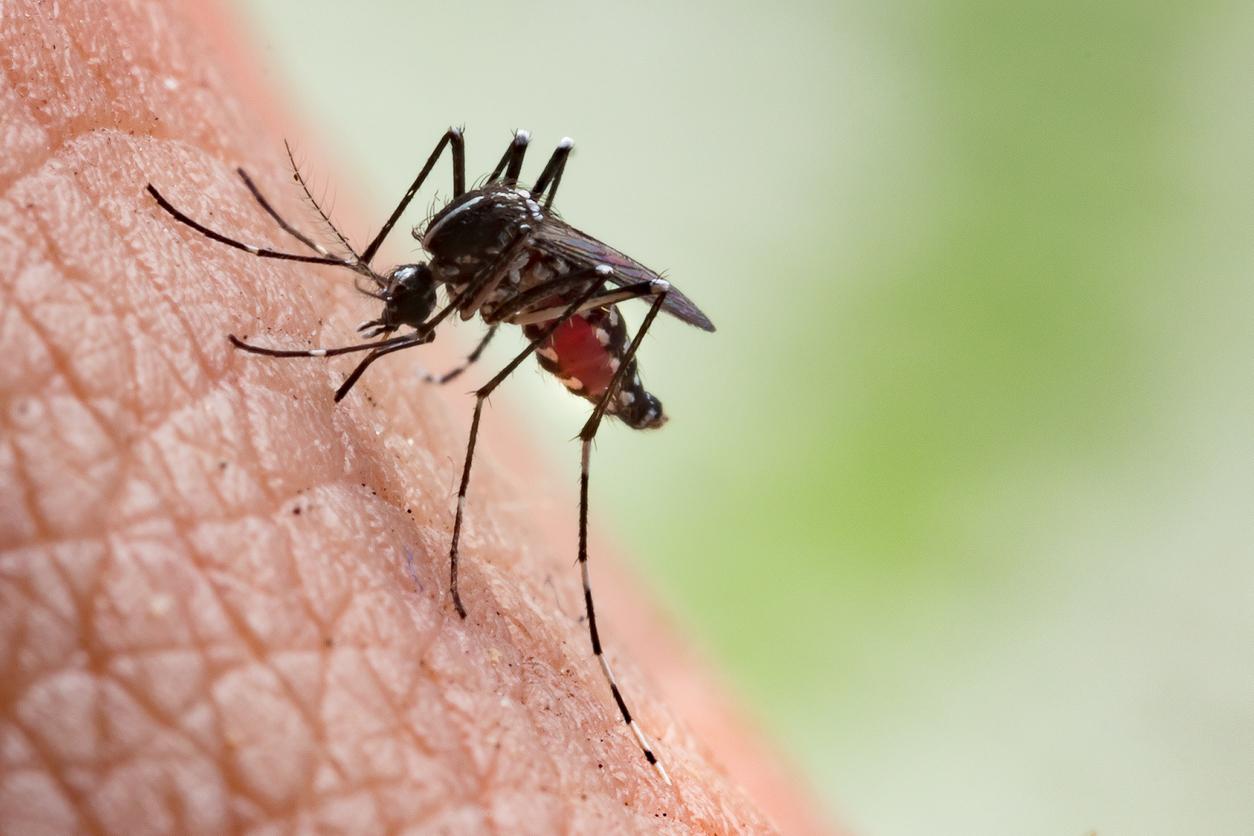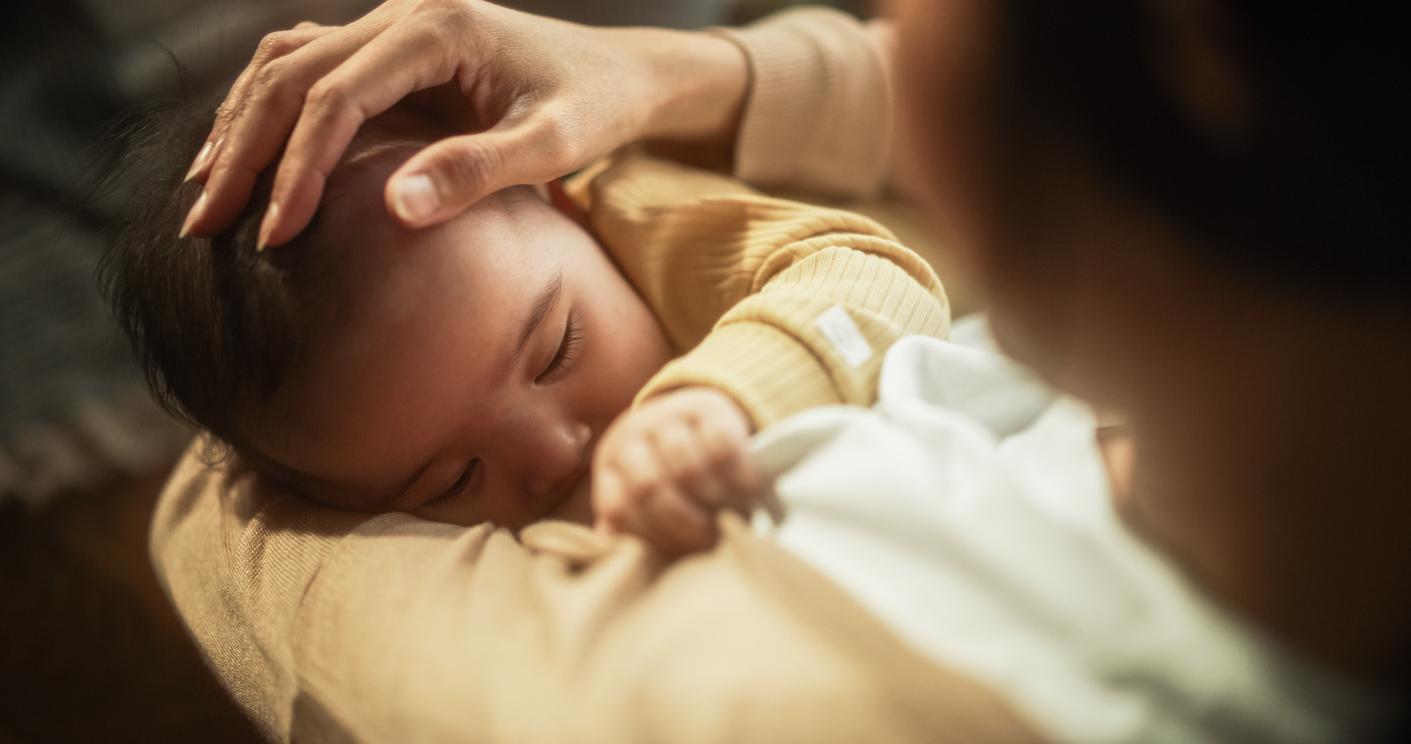I’post natal interview early childhood falls within the framework of the program “The first 1000 days” launched by UNICEF and declined by the French Government. “The early postnatal interview mirrors the prenatal interview done in the 4th month of pregnancy”, says Anne Chantry. It was established with three main objectives.
The first is to screening for psychological and psychiatric disorders (postpartum depression). “Recent data showed that 16.7% of women in France suffered from postpartum depression and that maternal suicide was the leading cause of maternal death in the year following childbirth”, inform the midwife. This interview therefore responds to a real public health need.
Early postnatal interview: a moment of exchange and dialogue
The second objective of the early postnatal interview is to create a moment of exchange with postpartum specialists in order to assess the mental, environmental and social well-being of women. “Women often find themselves alone after childbirth – they only see the midwife or gynecologist again 8 weeks after childbirth – even though they were closely monitored during pregnancy, accompanied during the first days at the end of the pregnancy. maternity…, explains Anne Chantry. This interview is also an opportunity to go back to the experience of childbirth, the experience of the first daysto re-evaluate addictions and the possible risks of their resumption…”, she indicates.
“The 3th objective of this EPNP is also assess the baby’s health and developmentthe interactions between the parents and the child, the baby’s adaptation to the sleep-wake rhythm and the parents’ adaptation to the baby’s crying, in particular with a view to preventing shaken babies…”, says the specialist.
This moment of dialogue is also an opportunity to screen for intra-marital and/or intra-family violence. “Pregnancy and the first months with a baby can be triggers for violence”, explains Anne Chantry.
Post-natal maintenance: the modalities
Post-natal interview is mandatory between 4 and 8 weeks after delivery. The National College of Midwives (CNSF) recommends that this interview be carried out from the 4th week after childbirth in order to be able to offer support to women as early as possible. However, for now, this EPNP remains on a voluntary basis of health professionals and women. He is 100% covered by health insurance.
“Ideally, it should last at least 30 minutes or even 1 hour and be conducted by the midwife, the gynecologist-obstetrician doctor or the attending physician who followed the pregnancy for better continuity of care”, says Anne Chantry. “If the professionals detect signs of psychological or pediatric disorders, they then refer the woman to a specialist. When psychological risk factors are identified, they can see the woman again 10 to 14 weeks after delivery”, she details. “Early post-natal care is a privileged tool. It now remains for women and health professionals to seize it”concludes Anne Chantry.

















